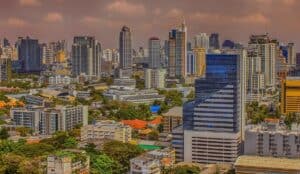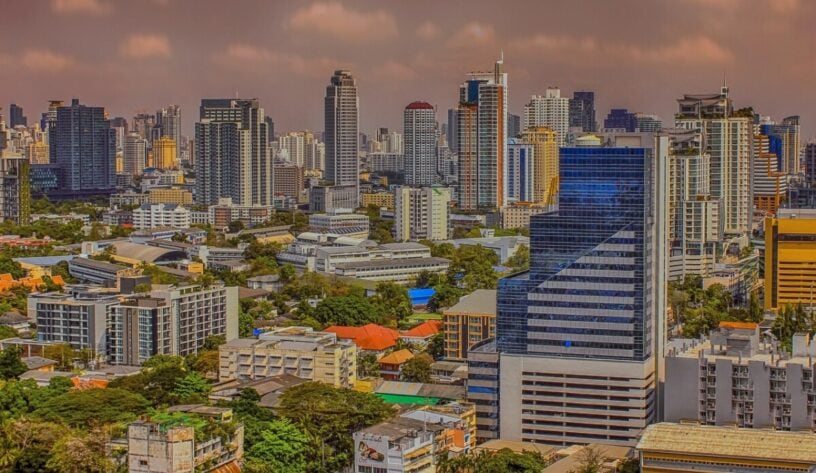It is easy to make the wrong move when buying property in a market you are not fully familiar with. This applies to land for sale in Thailand, where rules, land types, and legal paths can be very different from what most buyers are used to. So how do you avoid the most common issues people run into? Let us walk through the mistakes that are often made and explain how you can avoid them.
Skipping Guidance from a Qualified Property Advisor
Is it a mistake to buy land in Thailand without professional help? In many cases, yes. This is even more important if your goal is to find your dream home or secure a long-term investment. Considering that not every listing reflects the true condition or legal standing of a property, having the right guidance can prevent serious issues.

Furthermore, a professional real estate advisor can offer access to a highly curated selection, thoroughly screened for title, zoning, infrastructure, and long-term value. How convenient will that be? With expert guidance, you can avoid properties that look good but do not actually meet the standards of a sound investment.
Failure to Verify Land Title and Ownership Rights
What types of land titles are legally safe to buy in Thailand? If you do not check, the consequences can be serious. Some title deeds may not grant full ownership or the right to develop a property. Did you know that some may have unclear boundaries or shared use? Others may also contain limitations you may not know about until it is too late.
When it comes to land ownership in Thailand, the Chanote title is often the most secure. Always confirm that the land has a legal title, is properly registered, and is free from legal claims. Title verification should never be skipped.
Buying Without Checking Zoning and Land Use Laws
Can you build anything on any plot of land in Thailand? The answer depends on zoning. Some buyers discover only after purchase that construction is not allowed, or only permitted under strict conditions.
Different locations follow different land use rules. These laws cover things like height limits, commercial use, and environmental protection. Always ask about local zoning before you decide. This will help you avoid delays, redesign costs, or a complete halt to your plans.
Overlooking Access Roads and Utility Infrastructure
Does the land have a legal access road and basic utilities? Many people forget to check. If there is no road or utility connection, building can become far more expensive than expected.
Verify that the property is easily accessible through clear roads or pathways. Also confirm if the property can be connected to electricity, water, and drainage; otherwise, the land may not be practical to develop or resell.
Misunderstanding Legal Ownership Structures for Foreigners
Can foreigners legally own land in Thailand? Not directly. If you are not aware of the rules, you might use an incorrect or risky structure.
Foreigners can hold land through long-term lease agreements, Thai companies, or under special conditions through a spouse. These legal options must be used correctly to stay protected. If not, you may face legal challenges later on. Always ask how foreign ownership works and choose the path that matches your long-term plans.
Check out Sunway Estates online to discover land and luxury properties available for sale in Phuket.








